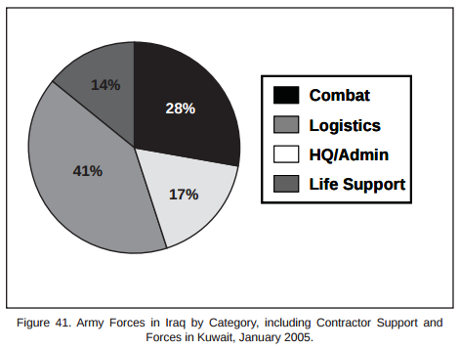Secret Rules Make It Pretty Easy For The FBI To Spy On Journalists by Cora Currier.
For those of us who suffer from reflexive American exceptionalism, that press censorship happens “over there,” Cora’s story is a sobering read.
From the post:
Secret FBI rules allow agents to obtain journalists’ phone records with approval from two internal officials — far less oversight than under normal judicial procedures.
The classified rules, obtained by The Intercept and dating from 2013, govern the FBI’s use of National Security Letters, which allow the bureau to obtain information about journalists’ calls without going to a judge or informing the news organization being targeted. They have previously been released only in heavily redacted form.
Media advocates said the documents show that the FBI imposes few constraints on itself when it bypasses the requirement to go to court and obtain subpoenas or search warrants before accessing journalists’ information.
…
Cora goes on to point out that the FBI issued nearly 13,000 NSLs in 2015.
After great coverage on the FBI and its use of NSLs, Cora concludes:
…
For Brown, of the Reporters Committee, the disclosure of the rules “only confirms that we need information about the actual frequency and context of NSL practice relating to newsgathering and journalists’ records to assess the effectiveness of the new guidelines.”
That’s the root of the problem isn’t it?
Lack of information on how NSLs are being used against journalists in fact.
Care to comment on the odds of getting an accurate accounting of the FBI’s war on journalists from the FBI?
No? I thought not.
So how can that data be gathered?
Question for discussion (NOT legal advice)
In 2005, the non-disclosure requirements for NSLs were modified to read:
18 U.S. Code § 2709 – Counterintelligence access to telephone toll and transactional records
…
(2) Exception.—
(A)In general.—A wire or electronic communication service provider that receives a request under subsection (b), or officer, employee, or agent thereof, may disclose information otherwise subject to any applicable nondisclosure requirement to—
(i) those persons to whom disclosure is necessary in order to comply with the request;
(ii) an attorney in order to obtain legal advice or assistance regarding the request; or
(iii) other persons as permitted by the Director of the Federal Bureau of Investigation or the designee of the Director.
…
Each person in the chain of disclosure has to be advised of the requirement to keep the NSL secret.
Unless the law has changed more radically than I imagine, the burden of proving a criminal offense still rests with the government.
If I am served with an NSL and I employ one or more attorneys, who have assistants working on my case, and the NSL is leaked to a public site, it remains the government’s burden to prove who leaked the NSL.
The government cannot force the innocent in the chain of disclosure to exculpate themselves and leave only the guilty party to face justice. The innocence can remain mute, as is the privilege of every criminal defendant.
Is that a fair statement?
If so, how many brave defendants are necessary in the chain of disclosure per NSL?
As Jan says in Twitter and the Monkey Man:
“It was you to me who taught
In Jersey anything’s legal, as long as you don’t get caught”
If that sounds anarchistic, remember the government chose to abandon the Constitution, first. If it wants respect for law, it should respect the Constitution.




